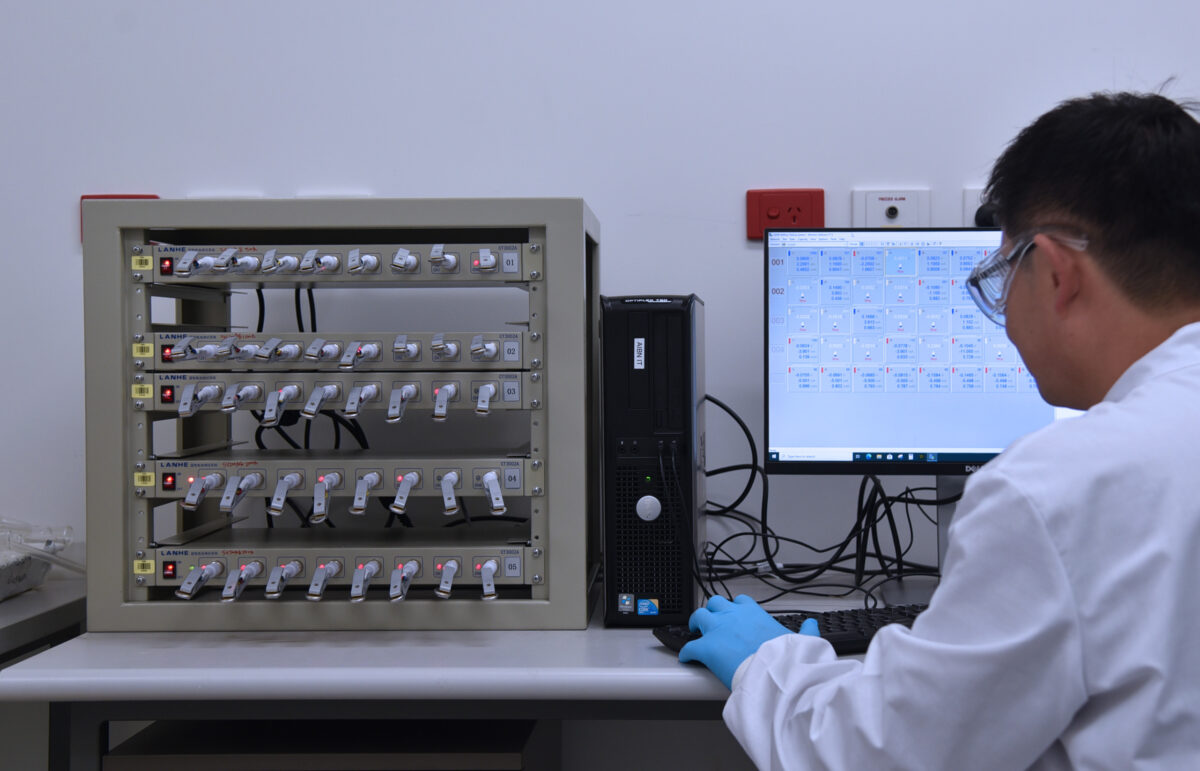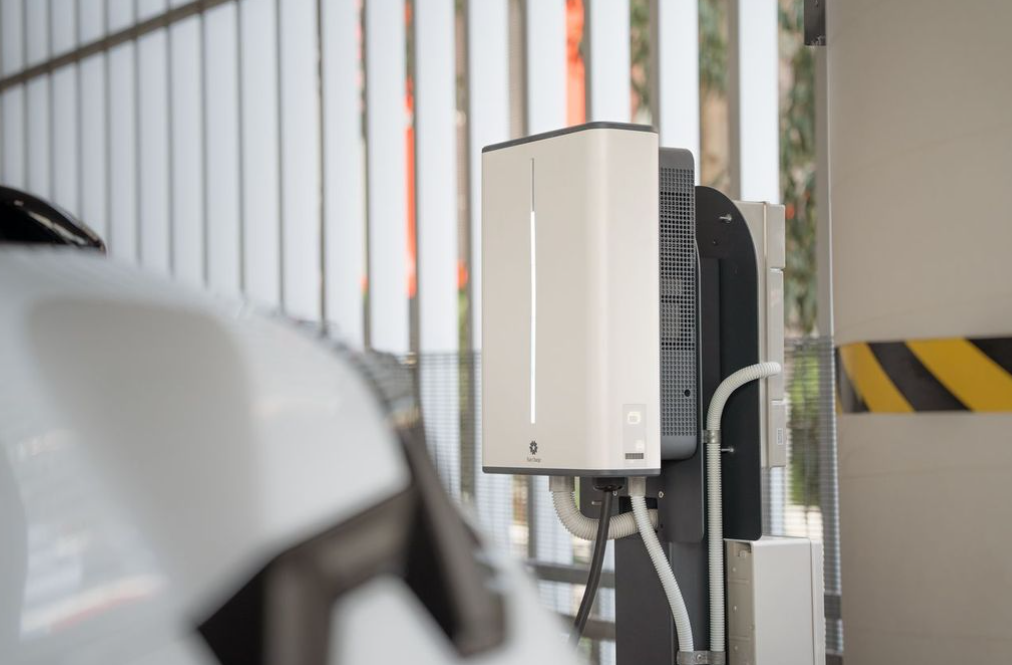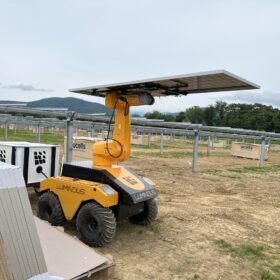A team of scientists at the University of Queensland’s (UQ) Australian Institute for Bioengineering and Nanotechnology has created a filter that can remove per- and polyfluoroalkyl substances (PFAS) from water, allowing them to be reused in batteries.
PFAS are synthetic chemicals used in consumer and industrial products, including in the renewable energy sector, because of their ability to resist heat and conduct electricity, but they persist in the environment and have been linked to a range of potential human health problems.
UQ Research Fellow and polymer chemist Cheng Zhang said while people are increasingly aware of the risks that the chemicals pose to human health and the environment, recycled PFAS have demonstrated excellent potential to improve the performance of rechargeable batteries.
“The increasing demand for high-performance rechargeable batteries means manufacturers are constantly searching for new materials that improve the energy density, safety and cycling stability of batteries,” he said.
“Recycled PFAS has excellent properties for this purpose.”
Zhang said the new PFAS filter contains a patented sorbent solution that uses an ion-exchange technique to isolate and remove fluorine-based particles from water as it passes through.
He said the new filter is at least five times more effective than any existing technology on the market.
“Not only does our filter technology remove harmful particles from water, those captured chemicals are available to be repurposed to help decarbonise the planet,” he said.
Zhang said the research team has successfully tested a prototype of the PFAS filter in the laboratory and will soon commence pilot testing in at a wastewater treatment plant in Brisbane. The testing program is to then to be expanded to other trial sites, which were yet to be locked in.
“These demonstrations will be pivotal to scaling up our filter technology for use in industrial water infrastructure,” Zhang said, adding that “if this testing goes as we believe it will, we hope to reach commercial production within three years.”
The PFAS filter pilot testing program has received $1 million (US 670,000) in state grants from the Advance Queensland Industry Research Projects program.
This content is protected by copyright and may not be reused. If you want to cooperate with us and would like to reuse some of our content, please contact: editors@pv-magazine.com.









By submitting this form you agree to pv magazine using your data for the purposes of publishing your comment.
Your personal data will only be disclosed or otherwise transmitted to third parties for the purposes of spam filtering or if this is necessary for technical maintenance of the website. Any other transfer to third parties will not take place unless this is justified on the basis of applicable data protection regulations or if pv magazine is legally obliged to do so.
You may revoke this consent at any time with effect for the future, in which case your personal data will be deleted immediately. Otherwise, your data will be deleted if pv magazine has processed your request or the purpose of data storage is fulfilled.
Further information on data privacy can be found in our Data Protection Policy.